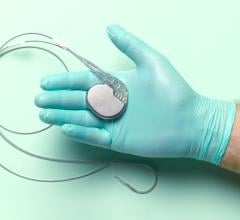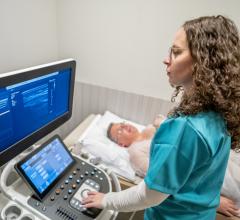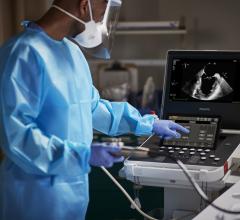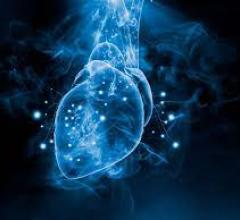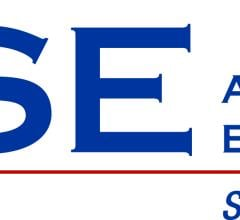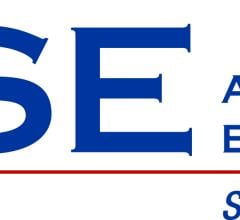June 15, 2017 – Obstructive sleep apnea (OSA) is a common sleep disorder affecting millions of people, roughly 4 percent of men and 2 percent of women. This disorder, in which a person stops breathing periodically during sleep, is also associated with left ventricular (LV) diastolic dysfunction. Researchers recently found a new therapy that shows promise to lessen the symptoms of this debilitating condition.
Researchers explored the effects of continuous positive airway pressure (CPAP) therapy on the underlying mechanisms involving LV diastolic dysfunction. The comprehensive assessment was conducted using diastolic stress echocardiography and two dimensional (2-D) speckle tracking analysis. It demonstrated improved left ventricular diastolic function, as well as improvements in left and right ventricular strain parameters. “CPAP therapy significantly improves LV diastolic function in patients with severe OSA patients” said Darae Kim, M.D.
Researchers on the study, “Effect of Continuous Positive Airway Pressure Therapy on Left Ventricular Diastolic Function in Patients with Severe Obstructive Sleep Apnea (CPAP-OASIS) assessed by Tissue Doppler, 2D Speckle Tracking and Exercise Hemodynamics: A Randomized Sham Controlled Clinical Trial,” included Darae Kim, Chi Young Shim, Sungha Park, Jong-Won Ha, Geu-Ru Hong, and Namsik Chung of Severance Cardiovascular Hospital, Yonsei University College of Medicine, Seoul, Republic of Korea; and Yang-Je Cho of Severance Hospital, Yonsei University College of Medicine, Seoul, Republic of Korea.
Kim presented a poster based on this research during the Arthur E. Weyman Young Investigator’s Award Competition at the recent 2017 meeting of the American Society of Echocardiography (ASE).
Related Content of Sleep Apnea and the Heart
Study Suggests Ways to Block Hypertension in Sleep Apnea Patients
Implantable Device Improved Central Sleep Apnea, Reduces Heart Failure Complications
Statins May Lower Heart Disease Risk in People with Sleep Apnea
For more information: ASEcho.org

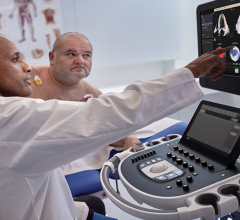
 June 12, 2024
June 12, 2024 

